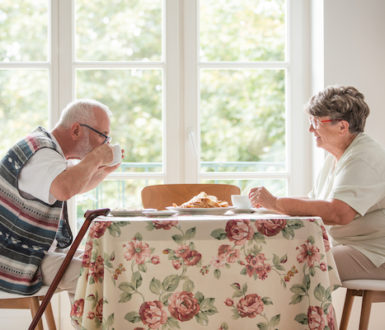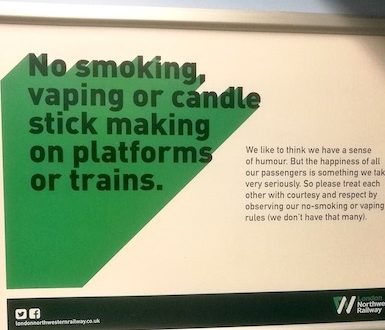Why we don't say what we mean

In Britain, there is a famous saying: “If you can’t say something nice, it is better to say nothing at all”.
Being ‘nice’ is often considered important. This usually means making other people feel at ease. This is true through all social classes and levels of wealth. It is separate from manners, formal language or social etiquette, like holding a fork in the ‘correct’ hand – for example, some people have perfect manners, yet treat others badly.
Being polite is often part of being nice. Examples are saying please and thank you; queuing; holding a door open for the person behind you; making the effort to talk to others at social events; and not getting angry when complaining (after all, the problem might not be that person’s fault).
It also means that if we don’t like something, we won’t just say “I don’t like it”. Some people think this approach is hypocritical, a type of lying, or a way to avoid conflict. There is some truth in that. But the main reason is because we are trying to consider the other person’s feelings – if we said our true thoughts, we might upset or offend. Doing that is known as being ‘blunt’ and is considered rude.
Here are some examples where the person is saying “no” – in a nice way:
- “Do you like my new dress?” “It’s got a very unusual pattern, hasn’t it?”
- “Would you like to come out for lunch next Thursday? “ “Sorry, I’m really busy for the next few weeks.”
- “Are you enjoying the book I gave you?” “I’ve never read anything like it before!”
Although this way of answering might seem strange, most British people would understand what was really meant. They would also be happy it was not made too obvious.
Image: Spotmatik/Dreamstime



